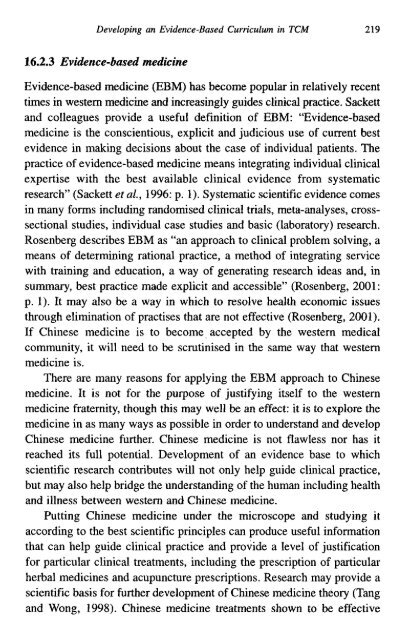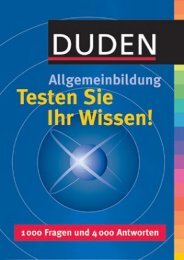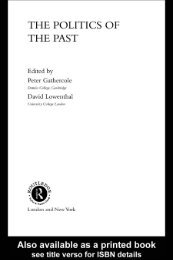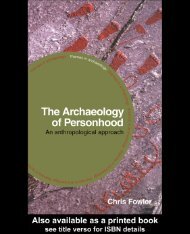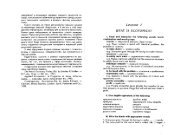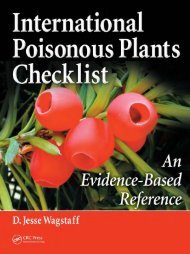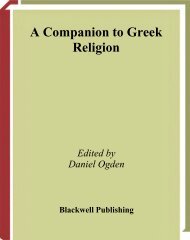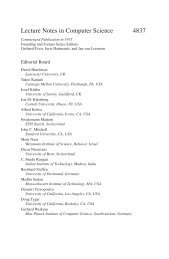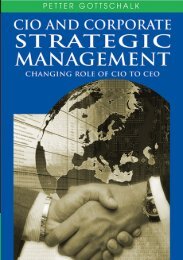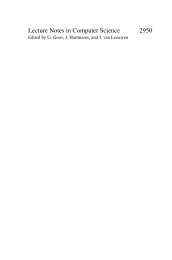Chinese Medicine - Modern Practice (252 pages)
Chinese Medicine - Modern Practice (252 pages)
Chinese Medicine - Modern Practice (252 pages)
- TAGS
- cs5235.userapi.com
You also want an ePaper? Increase the reach of your titles
YUMPU automatically turns print PDFs into web optimized ePapers that Google loves.
Developing an Evidence-Based Curriculum in TCM 219<br />
16.2.3 Evidence-based medicine<br />
Evidence-based medicine (EBM) has become popular in relatively recent<br />
times in western medicine and increasingly guides clinical practice. Sackett<br />
and colleagues provide a useful definition of EBM: “Evidence-based<br />
medicine is the conscientious, explicit and judicious use of current best<br />
evidence in making decisions about the case of individual patients. The<br />
practice of evidence-based medicine means integrating individual clinical<br />
expertise with the best available clinical evidence from systematic<br />
research” (Sackett et al., 1996: p. 1). Systematic scientific evidence comes<br />
in many forms including randomised clinical trials, meta-analyses, cross-<br />
sectional studies, individual case studies and basic (laboratory) research.<br />
Rosenberg describes EBM as “an approach to clinical problem solving, a<br />
means of determining rational practice, a method of integrating service<br />
with training and education, a way of generating research ideas and, in<br />
summary, best practice made explicit and accessible” (Rosenberg, 2001 :<br />
p. 1). It may also be a way in which to resolve health economic issues<br />
through elimination of practises that are not effective (Rosenberg, 2001).<br />
If <strong>Chinese</strong> medicine is to become accepted by the western medical<br />
community, it will need to be scmtinised in the same way that western<br />
medicine is.<br />
There are many reasons for applying the EBM approach to <strong>Chinese</strong><br />
medicine. It is not for the purpose of justifying itself to the western<br />
medicine fraternity, though this may well be an effect: it is to explore the<br />
medicine in as many ways as possible in order to understand and develop<br />
<strong>Chinese</strong> medicine further. <strong>Chinese</strong> medicine is not flawless nor has it<br />
reached its full potential. Development of an evidence base to which<br />
scientific research contributes will not only help guide clinical practice,<br />
but may also help bridge the understanding of the human including health<br />
and illness between western and <strong>Chinese</strong> medicine.<br />
Putting <strong>Chinese</strong> medicine under the microscope and studying it<br />
according to the best scientific principles can produce useful information<br />
that can help guide clinical practice and provide a level of justification<br />
for particular clinical treatments, including the prescription of particular<br />
herbal medicines and acupuncture prescriptions. Research may provide a<br />
scientific basis for further development of <strong>Chinese</strong> medicine theory (Tang<br />
and Wong, 1998). <strong>Chinese</strong> medicine treatments shown to be effective


